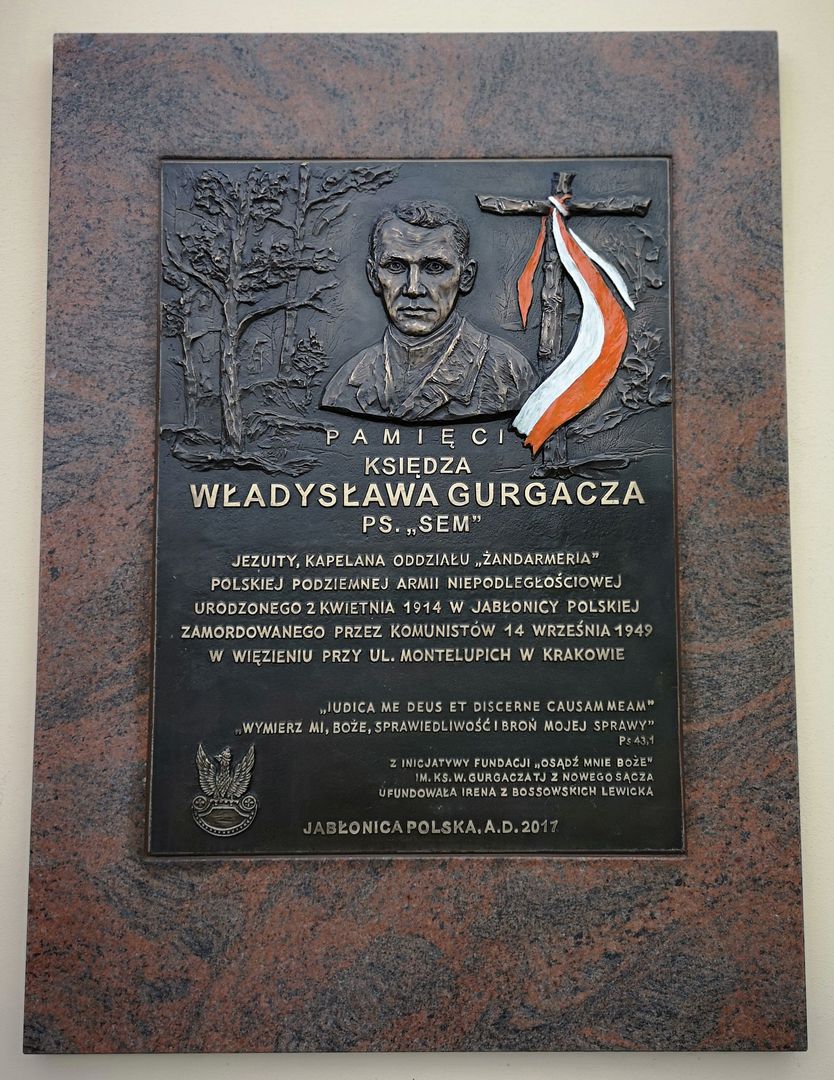Jabłonica Polska
6.88

Overview
Jabłonica Polska is a village located in the Podkarpackie Voivodeship, in Brzozów County, within the administrative district of Haczów. Its history dates back to at least the 14th century, with the first written mention in 1432. The village, whose name derives from the word "jabłoń" (apple tree), received the adjective "Polska" (Polish) in 1848 to distinguish it from Jabłonica Ruska. In the 17th and 18th centuries, it was owned by various noble families, including the Kamieniecki and Boner families. In the 19th century, both a Uniate church and a Roman Catholic church operated here, reflecting the complex ethnic structure of its inhabitants—in 1785, the village was home to 840 people, including Poles, Ruthenians, and Jews. Jabłonica Polska was involved in political upheavals, such as the Galician slaughter, and during World War II, it experienced famine and violence. After the war, the village resumed its socio-religious life by establishing a parish and rebuilding its infrastructure. Culturally, the village is known for educated figures such as Jan Stapiński, a deputy to the Austrian parliament, and priests associated with the parish. Architecturally, it stands out for its historic Roman Catholic church, which formerly served as an 18th-century Greek Catholic church, testifying to its rich religious history. The natural conditions around Jabłonica are favorable for agriculture, and their diversity is reflected in forest ecosystems, nature reserves, and a wealth of flora and fauna. The area has significant geological value, with sands suitable for construction use, highlighting its development potential. Modern-day Jabłonica Polska faces challenges such as population migration but maintains an intention for cultural and social development, making it an interesting place with a rich history and tradition.
Location
2026 Wizytor | All Rights Reserved